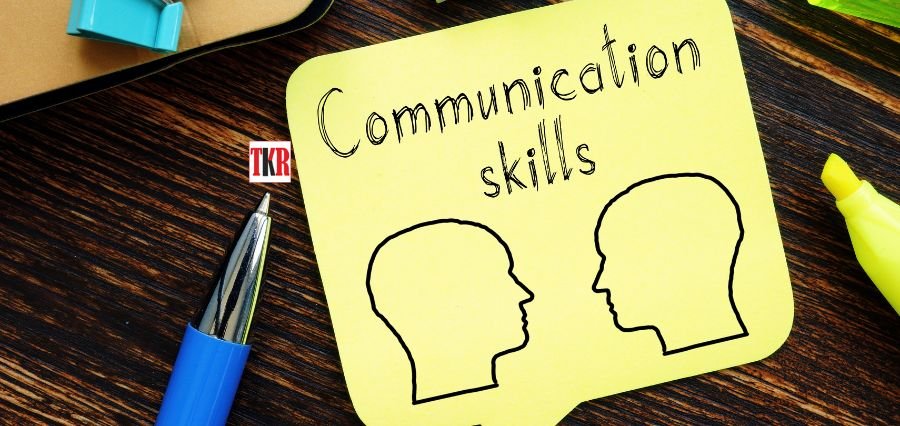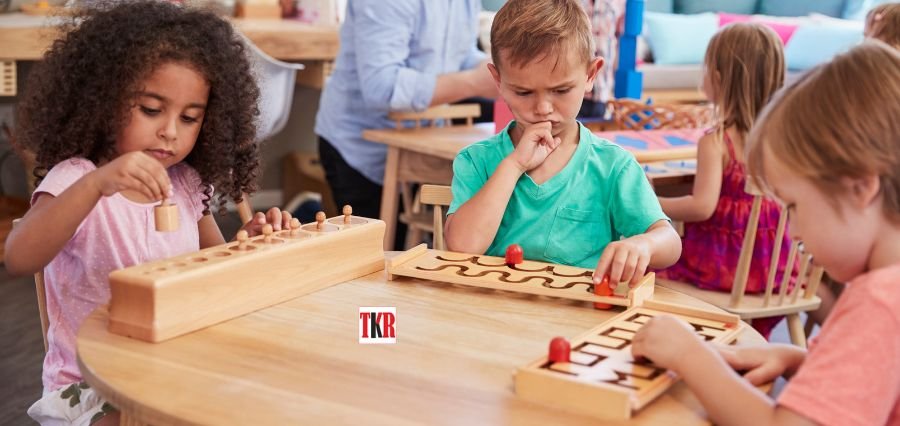Prime Highlight
- Greece is introducing mandatory swimming lessons and school farming projectsto modernize primary education and promote healthy habits.
- Education experts suggest adding more practical life skills to the curriculum, similar to successful programs in Asian countries.
Key Facts
- All third and fourth graders (ages 9–10) will receive 10 two-hour swimming lessons each year, including life-saving techniques, with a ratio of one coach per 10 students.
- Over 4,000 schools in Greece now run farming projects, where pupils grow vegetables to learn about agriculture and healthy eating.
Background
Greece is slowly moving toward modernizing its primary education by introducing programs that go beyond traditional classroom learning. The Education Ministry announced that starting this school year, all third and fourth-grade students, that is, nine- and 10-year-olds, will take part in 10 two-hour swimming lessons every year. Each swimming coach will handle a group of 10 students. The lessons will also include important life-saving techniques, aiming to reduce the number of drowning accidents in the country, which is surrounded by sea.
In addition to swimming, more than 4,000 schools across Greece now run school farming projects. Pupils grow vegetables in school gardens as part of their studies. This initiative not only helps children understand agriculture but also promotes healthy eating habits.
Experts, however, believe Greece is not going far enough. In several Asian countries like Japan, China, South Korea, and Singapore, schools teach many practical life skills. For example, in Japan, school children contribute to making their school meals, and this aspect of their education also instills discipline, respect, and socialization in them. Students are made to clean their classrooms, schoolyards, and even toilets, at the end of the school day, which takes them 20 minutes. This encourages responsibility, collaboration, and practicality.
According to observers, in Greece, such ideas would be fiercely opposed by the teachers, parents, and unions. Most people would say it wastes study time or is a form of child labor. Nonetheless, education experts indicate that the incorporation of practical life skills in the curriculum may be of great benefit to Greek pupils as it allows them to be better equipped to prepare them for life after school.








